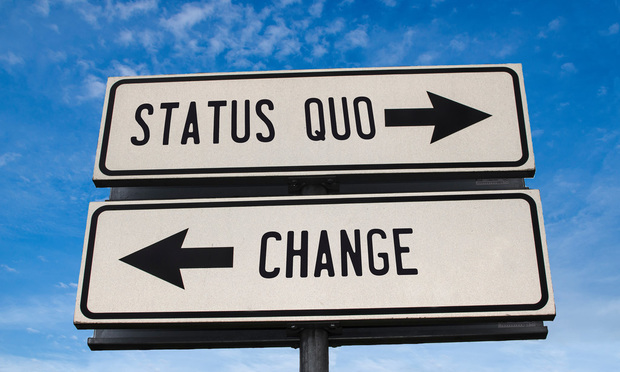Smart devices—and their associated telematics applications—are technologically advancing at breakneck speed, and their use helps insurers create statistically accurate risk profiles. The result has been personalized policies including usage-based, pay-as-you-drive and pay-how-you-drive—and now, telematics is penetrating the home insurance market.
Some insurers already have entered this arena, decreasing premiums for so-called “smart homes.”
“Houses are getting smarter every day,” says Rebecca Galovich, assistant vice president of reinsurance underwriting at Hartford Steam Boiler (HSB), “and tech is becoming more interconnected. That enables homeowners to have control over the environment of their homes, adjusting thermostats from outside of the home and controlling security systems.”
In its “2014 State of the Smart Home” survey, Icontrol Networks, a provider of connected home devices, predicts that there will be 9 billion devices that connect to one's home by 2018, roughly equal to the number of smartphones, smart TVs, tablets, wearable computers and PCs combined.
The survey of nearly 1,000 respondents reports that 90% of homeowners and renters say personal and family security is one of the most important reasons for using a smart home system—with 67% ranking it as the No. 1 reason overall.
Click through read six different ways that connected devices impact the home insurance market.
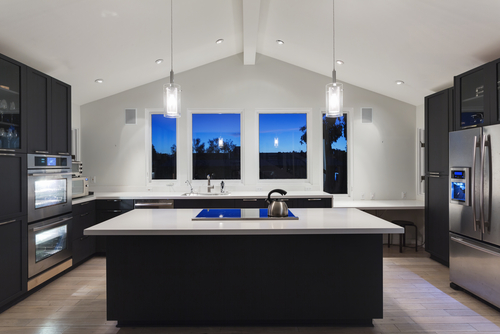
Kitchen
Moisture sensors near appliances can send alerts if a pipe bursts.
Owners can set coffee makers to brew a fresh pot, or set a dispenser to automatically feed pets.
Refrigerators can alert a homeowner in the case of power outages, if the door is left ajar, or if particular food stocks are getting low.
Ovens can be set to pre-heat and cook based on a homeowner's arrival time.
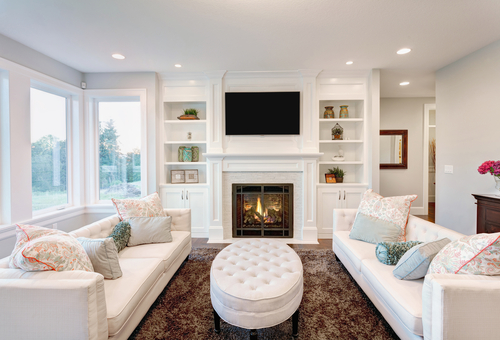
Living room
Thermostat can be controlled remotely to save energy.
Lighting can be controlled on a schedule. LED lightbulb packages, controlled by smartphone, can change lighting colors or dimming options, or be set to blink.
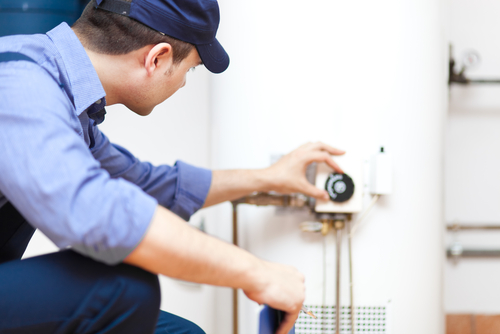
Basement
Water leak detectors can alert homeowners to flooded areas.
Alarms can text homeowners when tanks, water heaters or appliances leak. These alarms can also automatically shut off the water supply to the malfunctioning equipment.
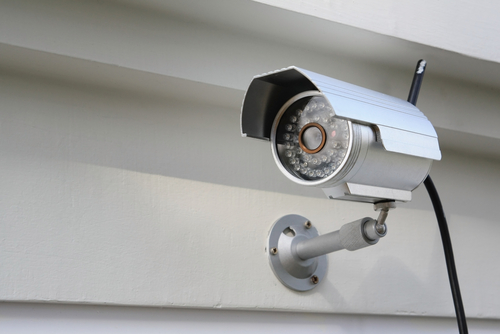
Security
Surveillance cameras can be used for monitoring the house.
Shades and blinds can be opened or closed on a schedule.
Motion detectors can be activated when tripped by the mailbox, lawn, driveways and porch.
Electronic door locks remotely lock or unlock based on authorization. These locks include fingerprint scanning and can automatically text homeowners whenever someone enters or leaves the home.
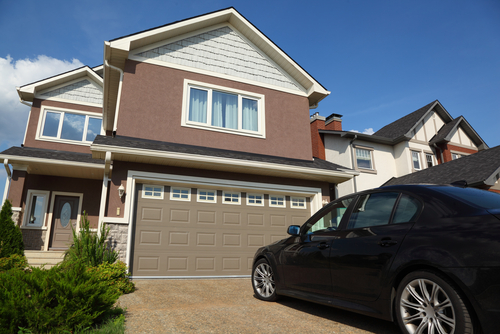
Garage
Vehicle detection can announce visitors and turn on lights.
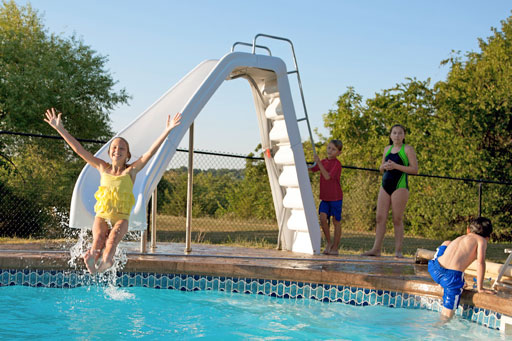
Backyard
Control filters, timers and temperature for pool or hot tub.
Sprinklers can be turned on or off depending on schedule.
Want to continue reading?
Become a Free PropertyCasualty360 Digital Reader
Your access to unlimited PropertyCasualty360 content isn’t changing.
Once you are an ALM digital member, you’ll receive:
- Breaking insurance news and analysis, on-site and via our newsletters and custom alerts
- Weekly Insurance Speak podcast featuring exclusive interviews with industry leaders
- Educational webcasts, white papers, and ebooks from industry thought leaders
- Critical converage of the employee benefits and financial advisory markets on our other ALM sites, BenefitsPRO and ThinkAdvisor
Already have an account? Sign In Now
© 2025 ALM Global, LLC, All Rights Reserved. Request academic re-use from www.copyright.com. All other uses, submit a request to [email protected]. For more information visit Asset & Logo Licensing.


